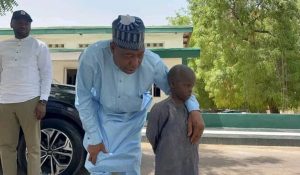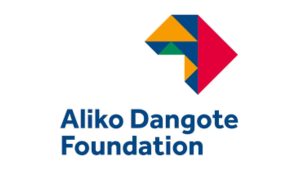
INDEPENDENCE DAY SPEECH! Tinubu’s Claim of $30bn in Foreign Investment Faces Scrutiny
In his Independence Day address, Nigeria’s President Bola Ahmed Tinubu proudly highlighted what he described as key accomplishments of his administration, particularly focusing on foreign direct investment (FDI). The president claimed that Nigeria had secured over $30 billion in FDI in the past year, attributing this to the economic reforms initiated since his assumption of office in May 2023.
“Our nation has drawn in more than $30 billion in foreign direct investments over the past year thanks to our reforms,” Tinubu stated during his speech, emphasizing that these changes were essential to stabilizing the nation’s finances and averting economic collapse.
However, data from Nigeria’s National Bureau of Statistics (NBS) paints a different picture. According to NBS figures, Nigeria’s FDI inflows during Tinubu’s tenure fall far short of the $30 billion claim. From Q3 2023 through Q1 2024, the country recorded a total FDI of just $362.92 million. Broken down, the data shows $59.77 million in Q3 2023, $183.97 million in Q4 2023, and $119.18 million in Q1 2024.
For context, the FDI inflows for the preceding quarters were also modest. In Q2 2023, before Tinubu took office, FDI stood at $86.03 million, with even lower figures in Q1 2023 ($47.06 million). These numbers fall far short of the president’s boast, raising questions about the source of his $30 billion figure.
Analysts have expressed concern over the potential consequences of such discrepancies. Economist Kalu Aja cautioned that misrepresenting economic data could harm Nigeria’s credibility, particularly with foreign investors who rely on accurate information when making decisions.
“The inaccuracies in the president’s speech are not minor oversights—they are significant misrepresentations,” Aja noted. “This undermines confidence, especially when global investors are closely monitoring such statements.”
The issue goes beyond domestic implications, as foreign investors could become wary of committing to a country where official data and leadership statements seem to conflict. At a time when Nigeria is battling currency devaluation, high inflation, and economic instability, maintaining trust with international stakeholders is crucial.
Foreign direct investment plays a pivotal role in the economic development of countries like Nigeria by providing capital for growth, job creation, and infrastructure development. A steady decline in FDI inflows in recent years, largely driven by economic volatility and policy uncertainties, has already posed challenges for the country.
In his speech, Tinubu also highlighted other successes, including reducing the debt service ratio from 97% to 68% and clearing inherited foreign exchange backlogs. While these points suggest some level of economic progress, the glaring gap between official FDI figures and the president’s claims casts doubt on the overall transparency of the administration’s achievements.
CSR REPORTERS is aghast at this as ultimately, the discrepancy in FDI numbers could erode investor confidence and tarnish Nigeria’s image on the global stage, just when it needs international partnerships the most.









